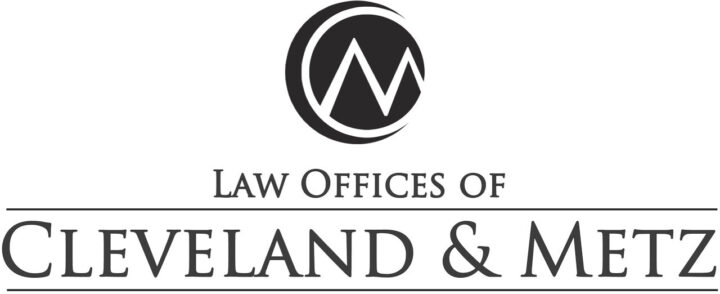Ask the Right Questions, Know What to Expect from your Work Injury Lawyer
Prepare a List of Questions to Ask Your Workers’ Comp Lawyer
 Call
Call  Email
Email  Text
Text  Map
Map
Initial Consultations: Evaluating Whether to Hire a Lawyer
When attending an initial consultation with a lawyer, it’s crucial to assess whether they have the time and experience to handle your case and if they are the best fit for you. To guide your evaluation, prepare a list of questions to ask, including:
time and experience to handle your case and if they are the best fit for you. To guide your evaluation, prepare a list of questions to ask, including:
Where will my case be filed?
- This is a key question often overlooked. Many TV commercial, 800 number, or radio ad lawyers might be out-of-town and will file your case near their home office, which could be far from you. This distance can complicate communication and finding a new local lawyer if needed.
How much of your practice is devoted to workers’ comp cases?
- Look for a lawyer specializing in workers’ compensation, dedicating a significant portion of their practice to injured workers. Ideally, they should have at least 10 years of experience in this field.
Do you have any certifications?
- The California State Bar offers certifications in workers’ compensation law. Certified Specialists have advanced knowledge, significant experience, and have passed an additional bar examination.
Will you be handling my case personally?
- Understand who will be doing the bulk of the work. While tasks can be delegated to associates or paralegals, your lawyer should oversee everything, perform high-level legal work, and keep you informed.
What are the strengths and weaknesses of my case?
- No attorney can guarantee a specific outcome. An experienced workers’ comp lawyer should provide a realistic assessment and help you understand potential outcomes.
How often will you or someone from your office communicate with me?
- Your lawyer should keep you informed about any developments or settlement offers. While daily updates aren’t realistic, expect timely responses to calls and emails, typically within 24 hours.
What are your fees?
- Workers’ comp attorneys usually work on a contingency fee basis, taking a percentage of your settlement or award (usually capped at 15%). Fees must typically be approved by a judge.
How will you handle costs?
- Inquire about other costs involved, such as record requests and witness fees. Ask if the lawyer will advance these expenses and deduct them from your settlement, and if you’ll need to reimburse them if you lose.
Do you have any references I could talk to?
- If undecided, ask for references from former clients or colleagues to learn about their experiences.
Research online reviews.
- Check Google reviews for insights. Be wary of lawyers with no bad reviews or very recent review histories. Genuine reviews offer a mix of feedback and provide a clearer picture of the lawyer’s reputation.
During your meeting, take notes and observe whether the lawyer listens well and explains things clearly. Ensure they understand your goals and how your work injury affects your life.
